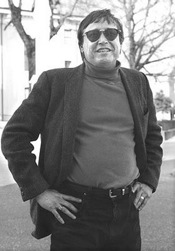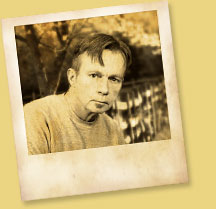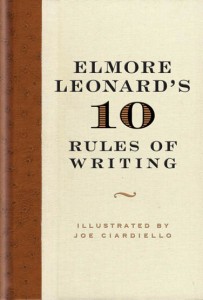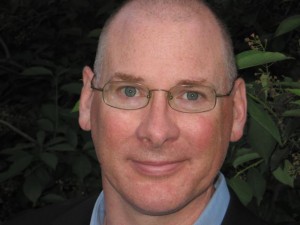Barry Hannah Gone (1942-2010)
by Jeremiah Chamberlin
This morning I woke to hear the sad news that Barry Hannah died yesterday afternoon. He was 67, and the apparent cause was a heart attack, according to the Jackson Free Press. Barry had had several bouts with cancer over the last ten years, yet I was still shocked to hear that he was gone. I guess I’d come to think of him as oddly invincible. Maybe it’s also because Barry’s prose felt like it was carved out of stone. Not weighty, but permanent. With a hint of the divine. That crazy Old Testament kind of divinity that’s equal parts […]






























